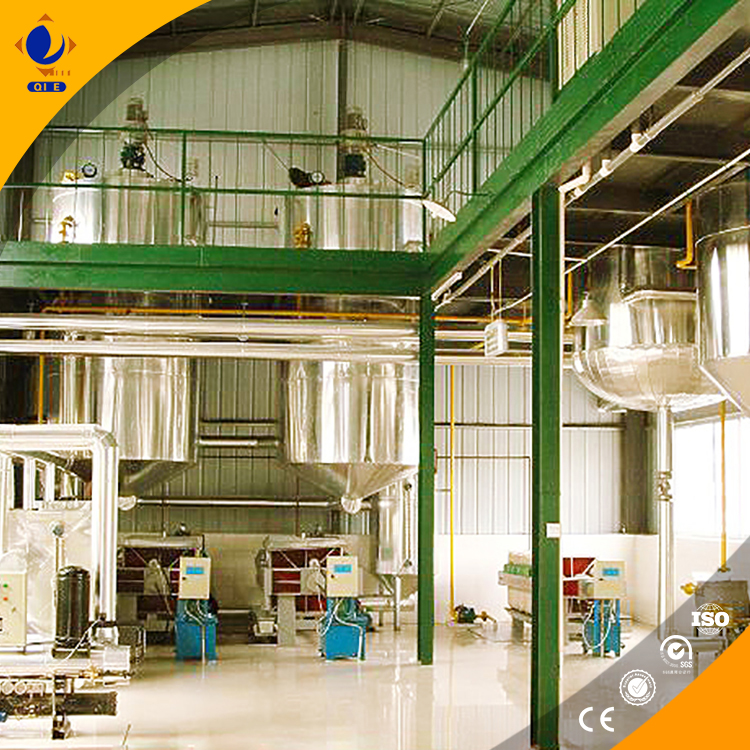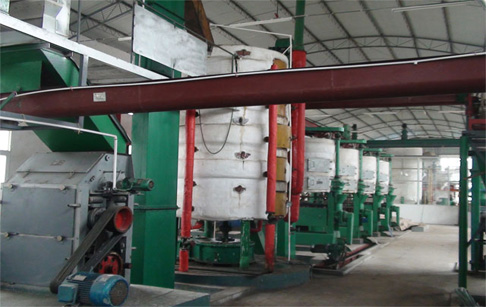
When it comes to sunflower oil presses, there are significant differences between home - use and small - farm commercial models. Home - use presses are typically designed for small - scale production. They usually have a daily capacity of around 10 - 30 liters of sunflower oil. These presses are ideal for families who want to produce a small amount of fresh, healthy sunflower oil for their own consumption. On the other hand, small - farm commercial presses are built for larger - scale operations. They can produce 50 - 200 liters of oil per day, catering to the needs of small farms for both self - use and small - scale sales.

Home - use sunflower oil presses are often used in a clean and stable home environment. They require relatively simple maintenance, such as regular cleaning of the pressing chamber and checking the tightness of parts. However, small - farm commercial presses operate in more complex environments, exposed to dust, moisture, and variable temperatures. Therefore, they need more frequent and thorough maintenance, including lubrication of moving parts, inspection of electrical systems, and replacement of worn - out components. For example, a small farm in the Midwest of the United States found that their commercial press needed oil changes every 200 hours of operation to ensure smooth running.
The structural design of sunflower oil presses has a direct impact on their performance. Home - use presses usually have a simple and compact design, which is easy to operate. They often come with user - friendly interfaces, allowing even novice users to quickly master the operation. In contrast, commercial presses have more complex structures to meet the requirements of high - volume production. They may include advanced control systems and multiple pressing stages. For instance, a well - designed commercial press may have a pre - pressing stage and a secondary pressing stage, which can significantly improve the oil extraction rate. However, this also means that the operation of commercial presses requires more training and experience.

For small farms, choosing the right sunflower oil press is crucial. First, they need to consider their production scale. If the farm has a large area of sunflower cultivation, a high - capacity commercial press is necessary. Second, the budget and long - term cost - effectiveness should be taken into account. Although commercial presses may have a higher initial investment, they can bring more economic benefits in the long run. Third, the after - sales service and technical support of the manufacturer are also important factors. A reliable manufacturer can provide timely maintenance and troubleshooting services. For example, a small farm in Canada purchased a commercial press from a well - known brand. The manufacturer provided on - site installation and training services, which greatly reduced the start - up time of the farm's oil production.
To make the information more intuitive, we can use charts and comparison tables. Here is a simple comparison table between home and commercial sunflower oil presses:
| Features | Home - use Press | Commercial Press |
|---|---|---|
| Capacity | 10 - 30 liters/day | 50 - 200 liters/day |
| Structural Complexity | Simple | Complex |
| Maintenance Frequency | Low | High |
Common faults in sunflower oil presses include low oil output, abnormal noise, and motor overheating. For low oil output, it may be caused by improper adjustment of the pressing gap or poor quality of raw materials. Adjusting the pressing gap and using high - quality sunflower seeds can solve this problem. Abnormal noise may be due to loose parts or lack of lubrication. Tightening the parts and adding lubricant can eliminate the noise. Motor overheating is often caused by overloading or poor ventilation. Reducing the load and ensuring good ventilation can prevent motor overheating. For example, a user in Australia solved the problem of low oil output by adjusting the pressing gap according to the manufacturer's instructions.

If you want to learn more about sunflower oil presses or have any questions, please click here to consult. We are committed to helping you choose the most suitable equipment and providing professional maintenance guidance to enhance your production efficiency and oil quality.

